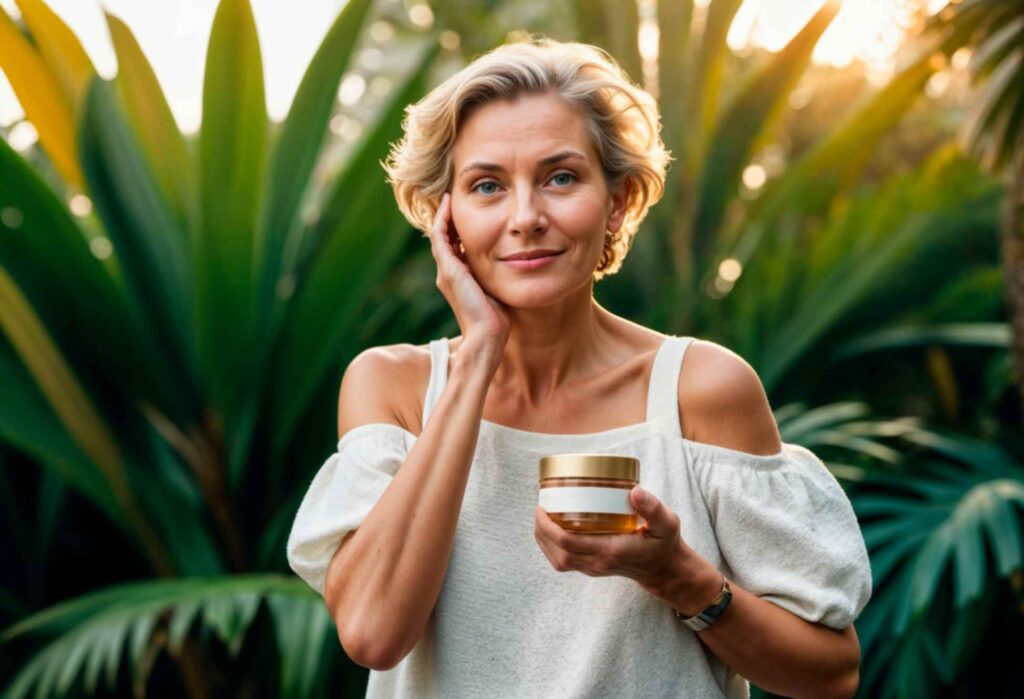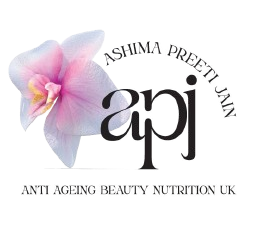
Introduction:
Hormones play a significant role in regulating various physiological processes in the body, including skin health and aging. Fluctuations in hormonal levels throughout life can influence the structure, function, and appearance of the skin. Understanding how changes in hormonal balance affect the skin can provide insights into effective strategies for maintaining skin health and combating signs of aging.
Effects of Hormonal Changes on the Skin:
Puberty:
During puberty, hormonal changes, particularly increases in androgen hormones like testosterone, can lead to increased sebum production. This excess oil production can contribute to the development of acne and oily skin, as well as enlarged pores and blackheads.
Pregnancy:
Pregnancy is characterized by significant hormonal shifts, including increases in estrogen and progesterone levels. These hormonal changes can have both positive and negative effects on the skin. Some women experience a “pregnancy glow” due to increased blood flow and oil gland activity, while others may develop skin issues such as acne, melasma (dark patches), or stretch marks.
Menopause:
A woman’s reproductive years come to an end with the menopause, which is accompanied by a drop in estrogen levels. This hormonal change can lead to a decrease in collagen and elastin production, resulting in loss of skin elasticity and firmness. Menopausal women may experience thinning skin, dryness, and an increase in wrinkles and fine lines.
Aging:
As we age, hormonal levels naturally decline, particularly estrogen and testosterone. These hormonal changes contribute to the aging process by reducing collagen production, slowing cell turnover, and impairing skin repair mechanisms. Consequently, the skin becomes thinner, less elastic, and more prone to wrinkles, sagging, and age spots.
Strategies for Mitigating Hormonal Effects on the Skin:
While hormonal changes are a natural part of life, there are several strategies to mitigate their effects on the skin and promote healthy aging:
Skincare Routine:
Create a regular skincare regimen that consists of moisturizing, protecting the skin from the sun, and mild washing. Use skincare products containing ingredients like retinoids, antioxidants, and peptides to stimulate collagen production, improve skin texture, and reduce signs of aging.
Hormone Replacement Therapy (HRT):
For menopausal women experiencing significant skin changes, hormone replacement therapy (HRT) may help alleviate symptoms and improve skin health. However, HRT should be used cautiously and under the guidance of a healthcare professional due to potential risks and side effects.
Healthy Lifestyle Habits:
Maintain a healthy lifestyle by eating a balanced diet, staying hydrated, exercising regularly, and getting adequate sleep. Avoid smoking, excessive alcohol consumption, and prolonged sun exposure, as these factors can accelerate skin aging and exacerbate hormonal imbalances.
Professional Treatments:
Consider professional skincare treatments such as chemical peels, microdermabrasion, laser therapy, or injectable fillers to address specific skin concerns and promote skin rejuvenation. Consult with a dermatologist or skincare specialist to determine the most appropriate treatment options for your individual needs.
Conclusion:
Hormonal changes have a significant impact on the skin throughout life, influencing its structure, function, and appearance.People may lessen the symptoms of aging and preserve healthy, youthful-looking skin by learning how hormonal changes affect the skin and putting effective skincare practices into practice. Remember to consult with a healthcare professional or skincare expert for personalized recommendations and guidance on managing hormonal imbalances and promoting skin health.







